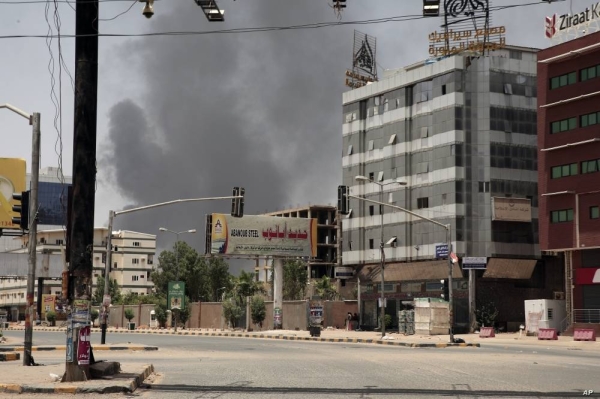
JEDDAH: “I’m driving. I’ll call you later.” This will perhaps be the most common SMS message to spread from now on, as the Saudi General Department of Traffic (GDT) on Monday started imposing fines on unbuckled motorists or those who use cellphones while driving in three major cities.
The GDT had earlier announced that it would add a number of violations to its automated traffic-monitoring system (Saher). The system began spotting violators in Riyadh, Jeddah and Dammam on Monday. Violations will be recorded against vehicle owners or those officially authorized to drive them. It added that SMS messages would be sent to violators’ mobile numbers. The GDT has also called upon all motorists and passengers to comply with all rules tailored for the safety of road users.
The new violations include allowing children to sit in the front seat, not giving priority on the road and improper use of the horn. Drivers who commit one of these violations will be fined to an amount ranging from SR150 to SR300 ($40 to $80).
Over the past seven days, the GDT has clarified on its Twitter account that drivers will also be penalized for driving with a front-seat passenger not wearing a seatbelt. Audiovisual material shows that using seatbelts can reduce deaths and severe injuries in an accident by 50 percent.
The material also shows that using a cellphone while driving is responsible for 60 percent of traffic accidents in the country. However, the GDT made it clear that drivers can use any audio headset or external speakers to make calls while behind the wheel. The GDT excluded those using cellphones while their vehicles are static at traffic lights.
It denied a rumor that a tissue box on the dashboard of the vehicle would be considered as a violation.
The GDT asked drivers with objections or dissent to visit a traffic violation dispute committee at their nearest traffic department to make a complaint and receive the final word about a violation.
Hisham Al-Huwaish, a social media activist, told Arab News that the regulations have been made for our own safety and we have to remember that traffic rules are always there to protect us against danger.
“The only problem people will face is the addiction to using cellphones while driving, but this bad habit will disappear within days,” Al-Huwaish said.
As for the use of cellphones, Al-Huwaish, who is also a TV presenter, said if he was forced to drive without his seatbelt fastened, he would desist from driving. “Buckling up has become part of my life, and I cannot imagine driving without fastening my seatbelt. It has become a habit, and so will stop using my cellphone,” he added.
Al-Huwaish pointed out that he, as a celebrity, always sends awareness messages to his Twitter and Snapchat followers, reminding them about safety on the road.
Mohammed Al-Shareef, a schoolteacher, told Arab News that it is not too late to save our sons’ lives, and it will never be. “It is a decision that we have waited long for. The situation has worsened to the extent that you see many young people using cellphones chatting with friends while driving.”
GDT is working on listing invalid vehicle insurance as another violation to be recorded by the Saher system.
Car accidents in 2016 killed 9,031 people, 12 percent of the 70,000 deaths in the Kingdom in that year, with an average of more than 25 deaths a day and one death an hour. The rate of increase is the highest since 2007. The number of accidents in the same year increased by 2.8 percent compared with 2015 — from 518,000 to 533,000 — causing more than 38,000 injuries with an average of 4.5 an hour and 103 a day, according to an Aleqtisadiah newspaper report based on the data of the General Authority for Statistics and the Ministry of Municipal and Rural Affairs.
Between 2006 and 2016, 78,487 people died in car accidents, constituting 12 percent of deaths in the Kingdom in the same period.











